Many of us are grappling with the anxiety from economic shutdowns, job losses and shortages in basic commodities as the pandemic rages on.
In spite of the social distancing mandate, we persist.
Thanks to the convenience of apps like Zoom, people are afforded some semblance of a connection during the government-mandated lockdown.
The popular remote conferencing software allows friends to socialize, schools to conduct online classes and support groups like Alcoholics Anonymous to continue with their gatherings.
Unfortunately, White supremacists and other hate groups have also adopted Zoom to infiltrate these communities to spread their vile messages.
The cruel phenomenon in which trolls fish for links to crash videoconferences is called "Zoom Bombing."
Now the FBI has gotten involved to issue warnings about the heinous tactic.
Business Insider reported that the New York Inter-Group Association of Alcoholics Anonymous experienced an interruption halfway through their Tuesday meeting.
Members heard a man yelling misogynistic and anti-Semitic comments halfway through the conference call, including this triggering reference to drinking:
"Alcohol is soooo good."
Organizers acted quickly by muting the intrusive voice.
Because the meeting's participants used their real names in the chat, around half of them left to avoid risk of compromising their identities by a possible screenshot.
I recently spoke with a New York member who oversees a number of group meetings to ensure their Zoom videoconferences and protocols are running efficiently.
He shared examples of disturbing incidences that happened to other members.
"People will cause a disturbance by sharing porn on their screen or shouting obscenities."
"Something particularly insidious is that they will send private text messages to individuals in the group so it's not obvious to others in the group that anything is wrong."
In the wake of these disturbances, he told me that recent conversations among service teams for those meetings have been:
"centered on how to protect the experience of our group members to ensure they have a safe place to share their thoughts and find community."
"It's very sad in a way because these meetings are supposed to be a communal place where all are equal, everyone is welcome, and everyone has a voice."
He continued:
"But now, out of necessity, we are forced to impose restrictions that work against those principles."
"A lot of meetings are now password protected and require guests to have Zoom accounts, participants can only be unmuted by the host, and the group chat has been disabled."
The forced policy changes were meant for protection, but it also produced unintended consequences.
"Where there was freedom and equality there is now an element of restriction and control."
"These measures are taken to protect the group as a whole, but to the individual group member it can reinforce isolation and apartness, especially during this time of social distancing."
The AA interference is one of many examples of Zoom Bombing plaguing digital communities.
On March 24, a White supremacist interrupted an antisemitism webinar hosted by a Jewish student by pulling down his shirt collar to reveal a swastika tattoo.
The hacker was identified as Andrew Alan Escher Auernheimer—a self-named "White nationalist hacktivist."
A Zoom spokesperson expressed they were:
"deeply upset to hear about the incidents involving this kind of attack."
The Zoom representative encouraged users to file complaints of similar harassment directly with Zoom, and encouraged group facilitators to check their security settings for safer interaction.
"For those hosting large, public group meetings, we strongly encourage hosts to review their settings and confirm that only the host can share their screen."
"For those hosting private meetings, password protections are on by default and we recommend that users keep those protections on to prevent uninvited users from joining."
Zoom suggests the following guidelines.
"Do not make meetings or classrooms public."
"Only share links with people you trust."
"Manage screensharing options (change screensharing to 'Host Only')"
"Ensure users are using the updated version of remote access/meeting applications."
The violation of these safe spaces is another infuriating manifestation of hate during the pandemic lockdown. It needs to stop.
The book A Gentle Path through the Twelve Steps: The Classic Guide for All People in the Process of Recovery is available here.

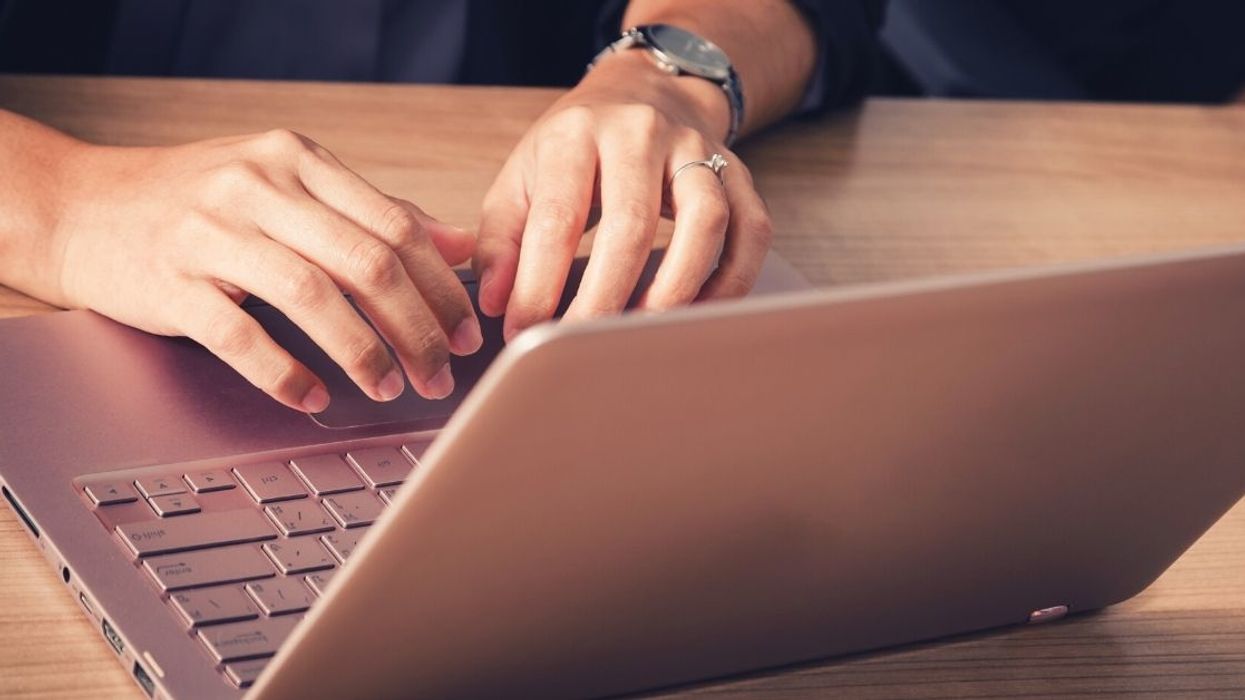


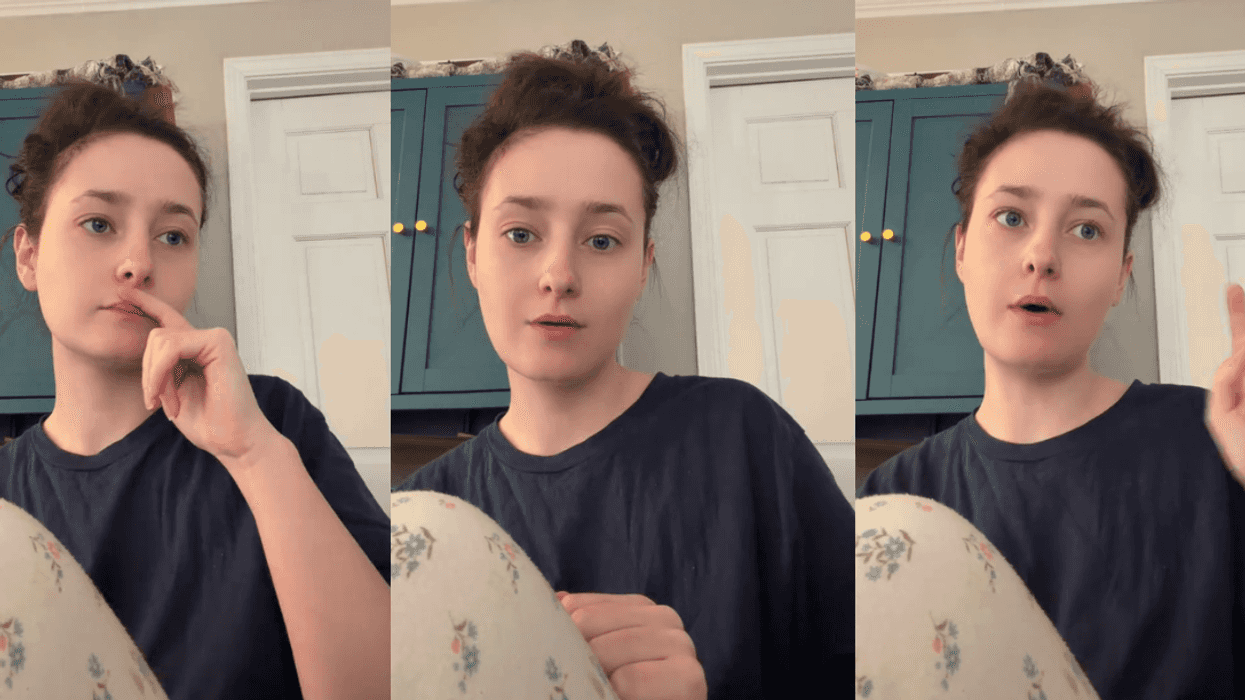
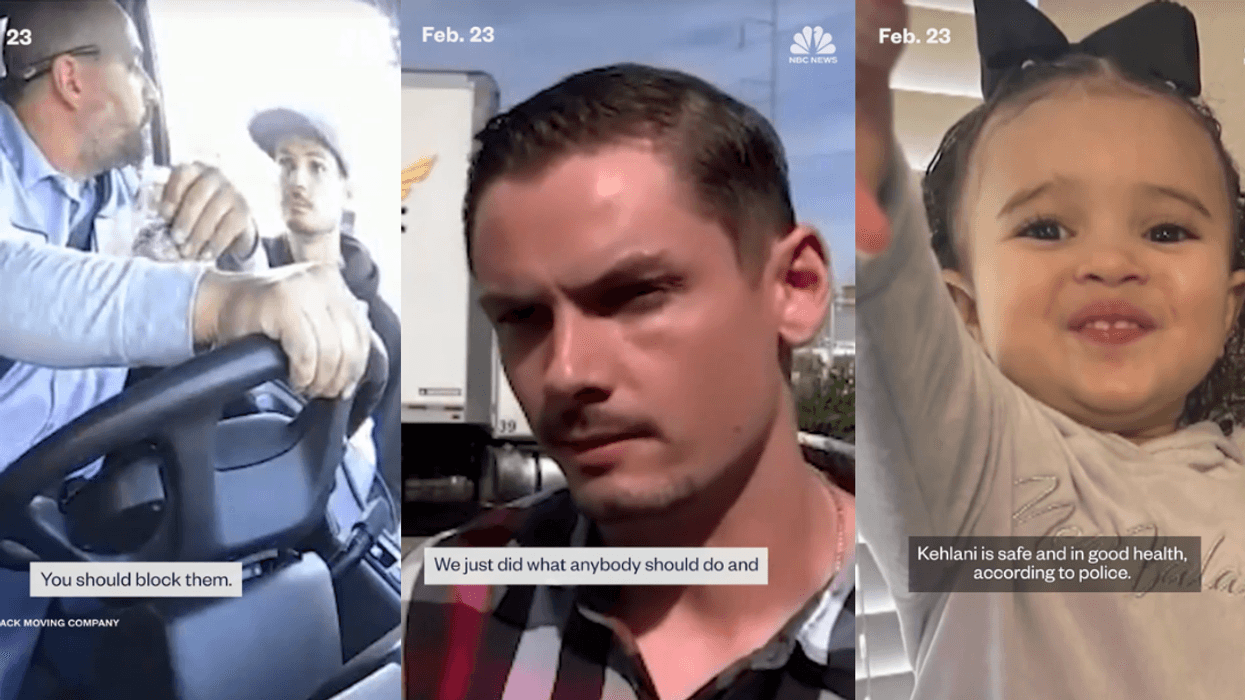
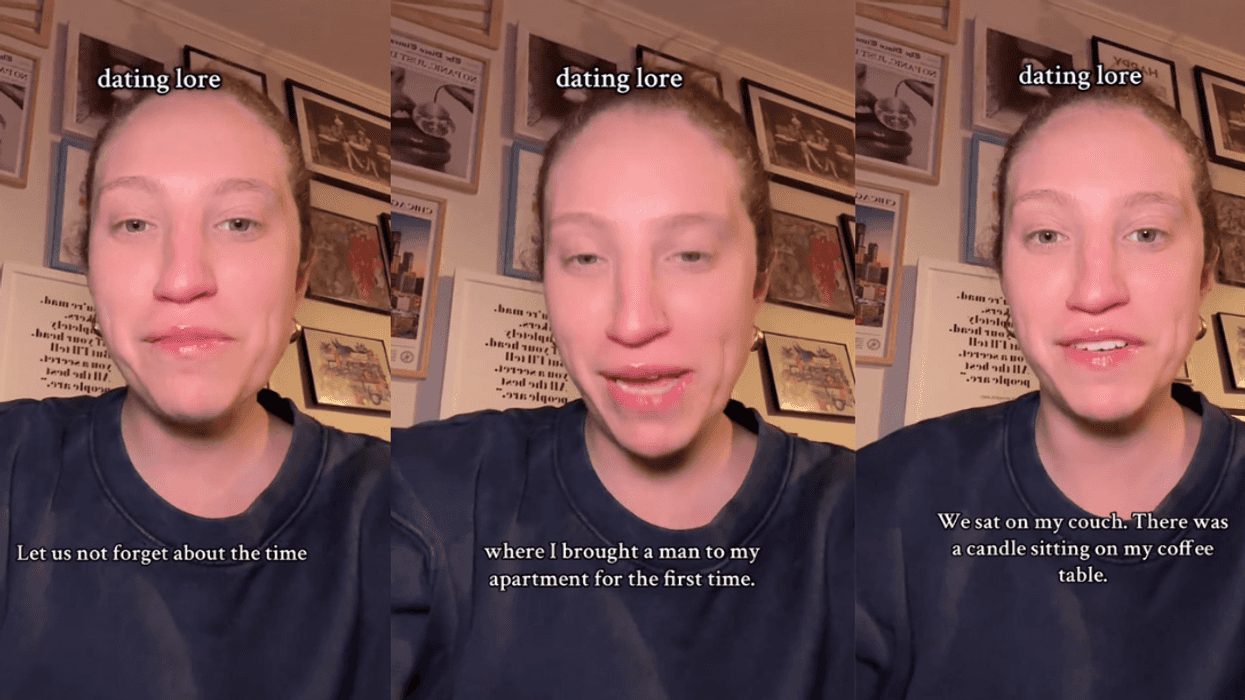




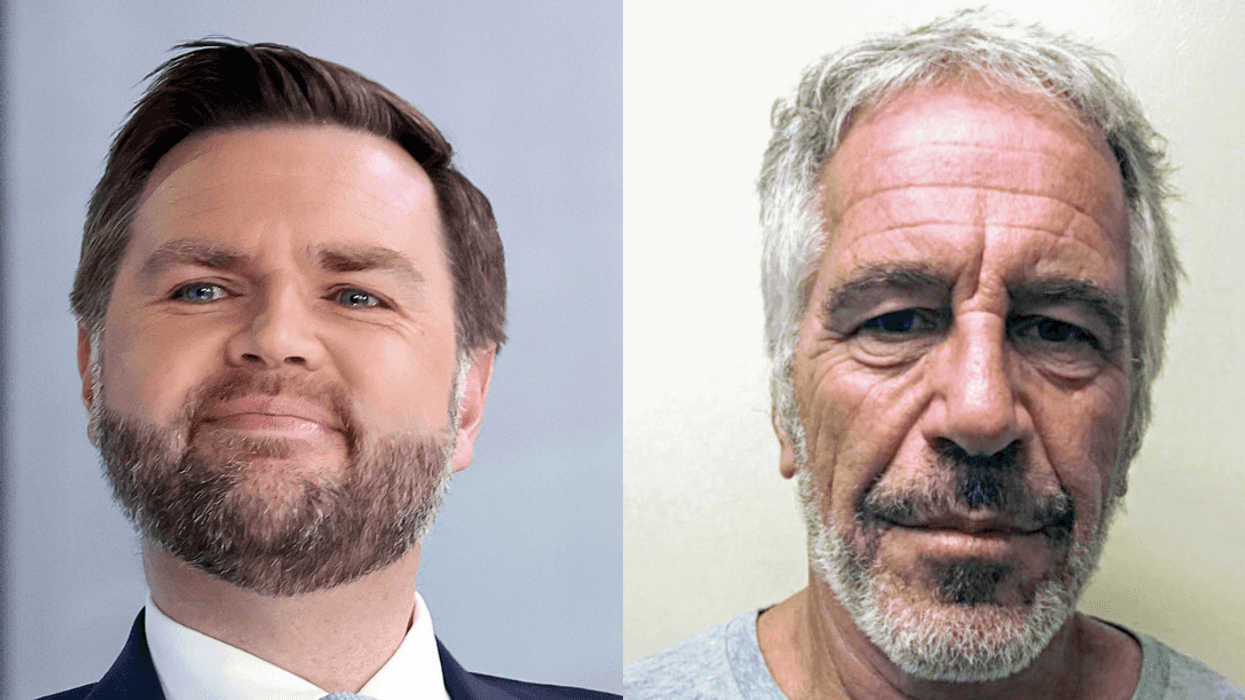


 @ritawilson/Instagram
@ritawilson/Instagram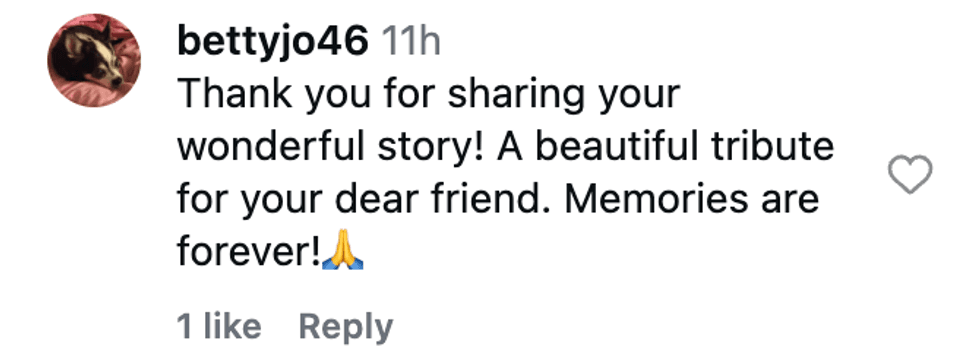 @bettyjo46/Instagram
@bettyjo46/Instagram @dottdott65/Instagram
@dottdott65/Instagram @betseyboop/Instagram
@betseyboop/Instagram @ondinefortune/Instagram
@ondinefortune/Instagram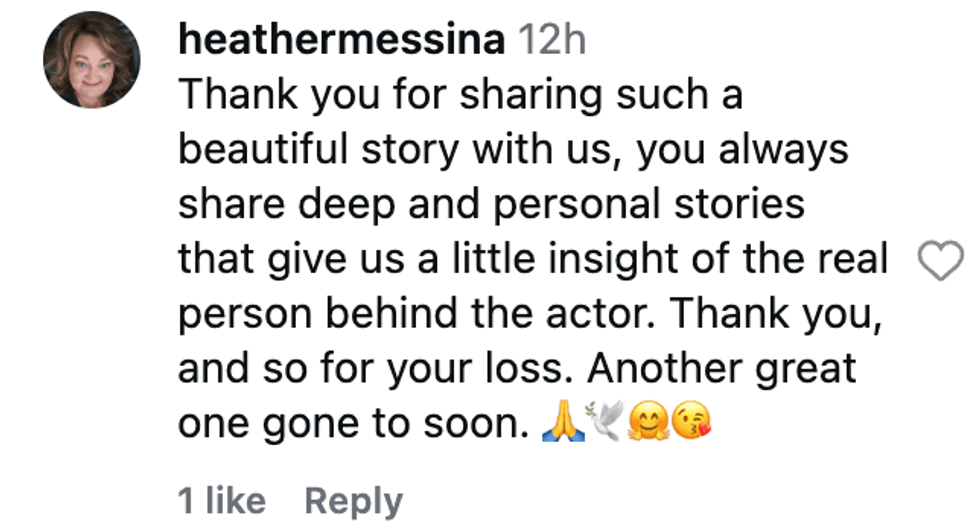 @heathermessina/Instagram
@heathermessina/Instagram @mlejordan/Instagram
@mlejordan/Instagram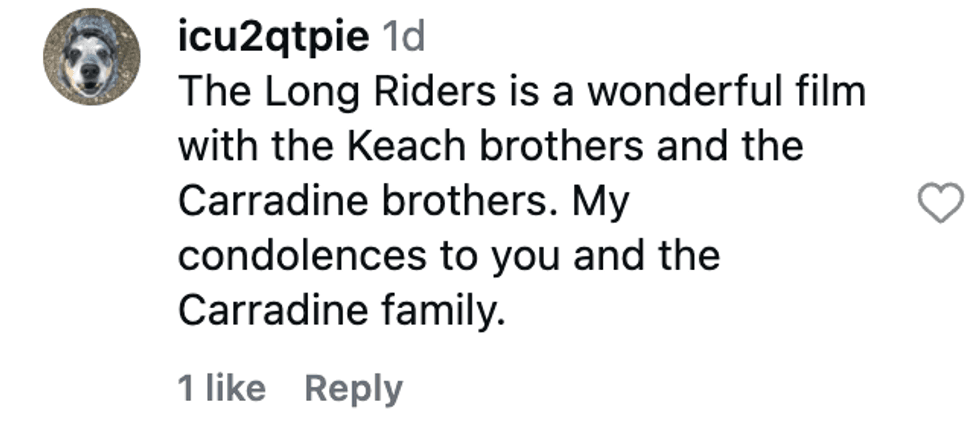 @icu2qtpie/Instagram
@icu2qtpie/Instagram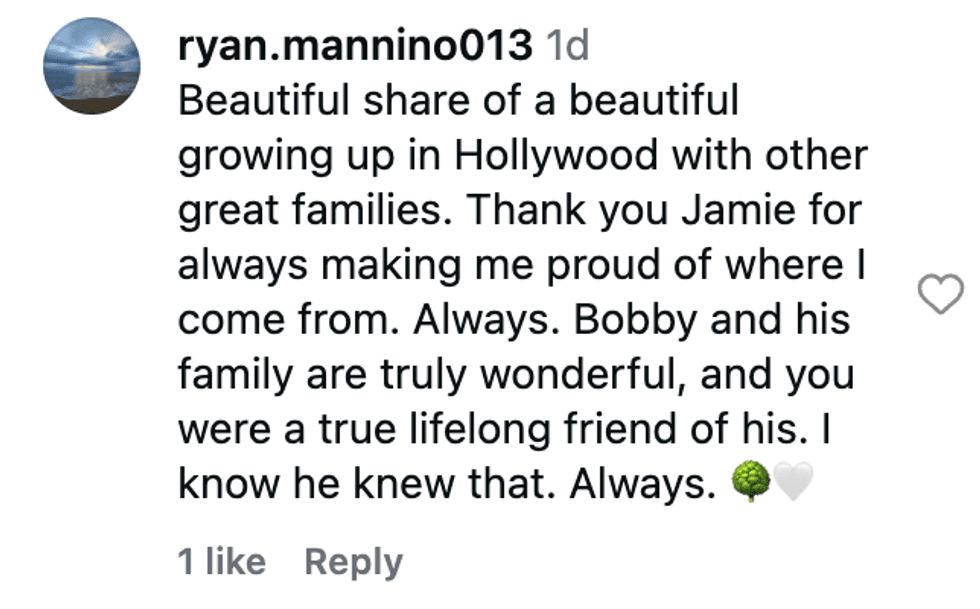 @ryan.mannino013/Instagram
@ryan.mannino013/Instagram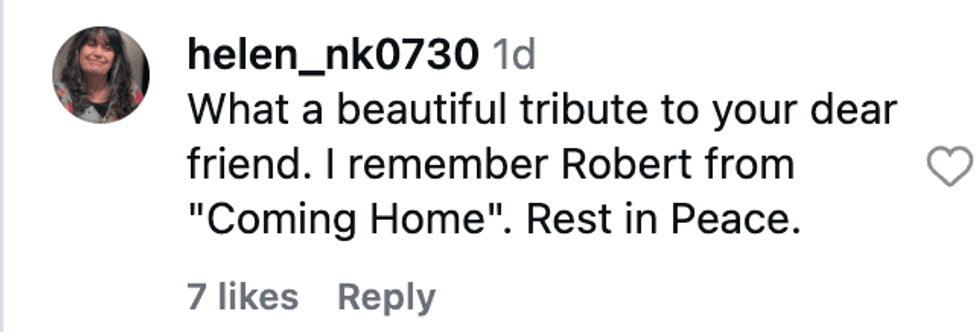 @helen_nk0730/Instagram
@helen_nk0730/Instagram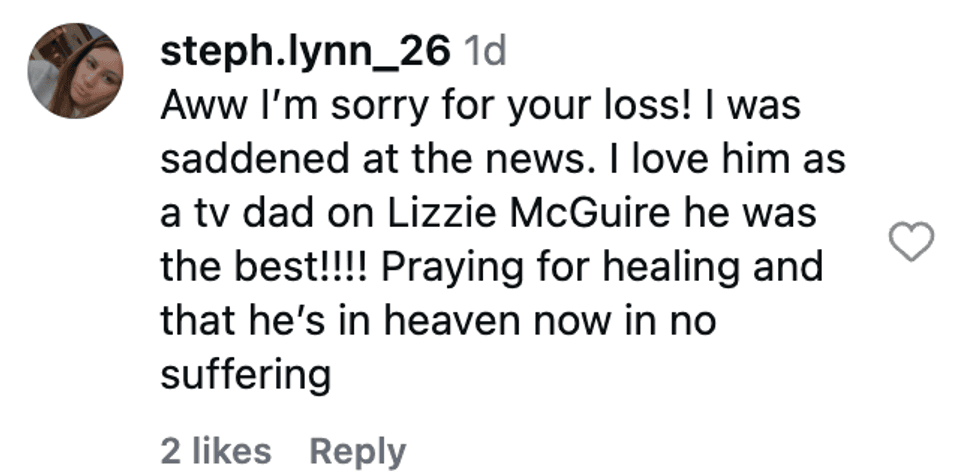 @steph.lynn_26/Instagram
@steph.lynn_26/Instagram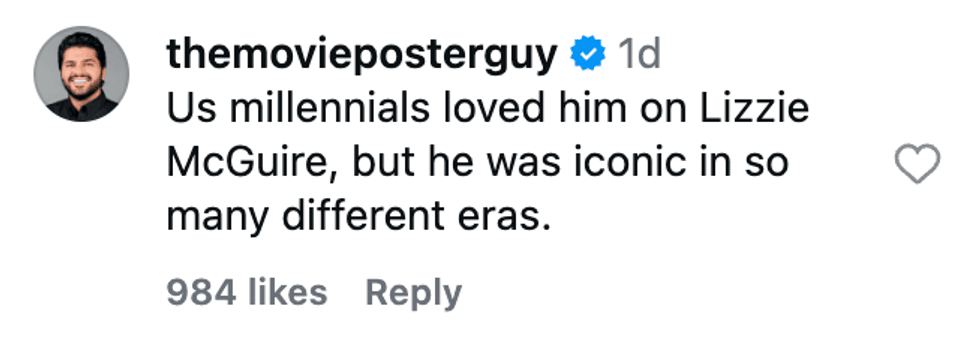 @themovieposterguy/Instagram
@themovieposterguy/Instagram

 @lancebass/Instagram
@lancebass/Instagram @aj_mclean/Instagram
@aj_mclean/Instagram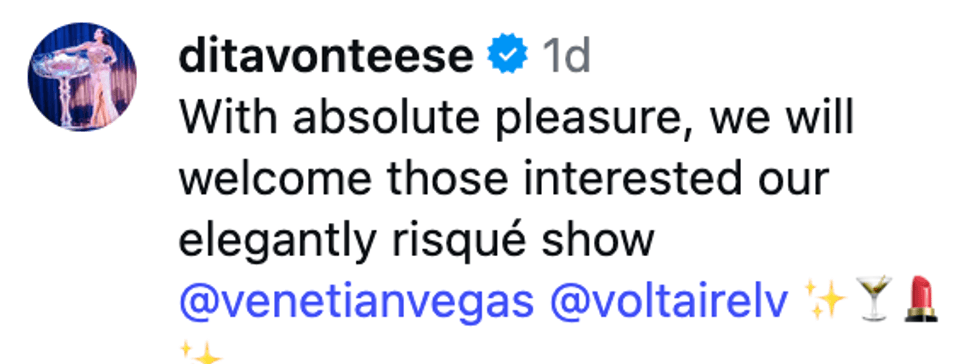 @ditavonteese/Instagram
@ditavonteese/Instagram @tmobilearena/Instagram
@tmobilearena/Instagram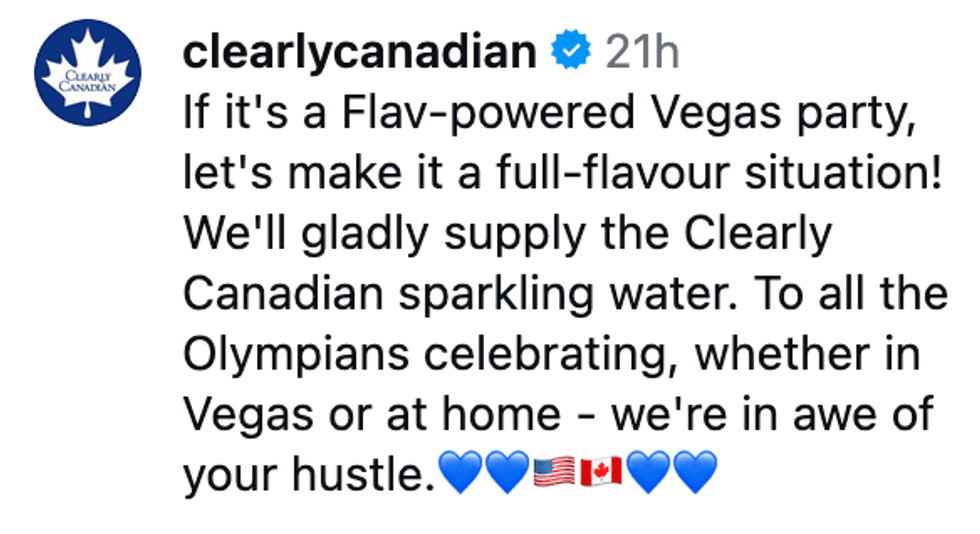 @clearlycanadian/Instagram
@clearlycanadian/Instagram @sprouts/Instagram
@sprouts/Instagram @cityoflasvegas/Instagram
@cityoflasvegas/Instagram
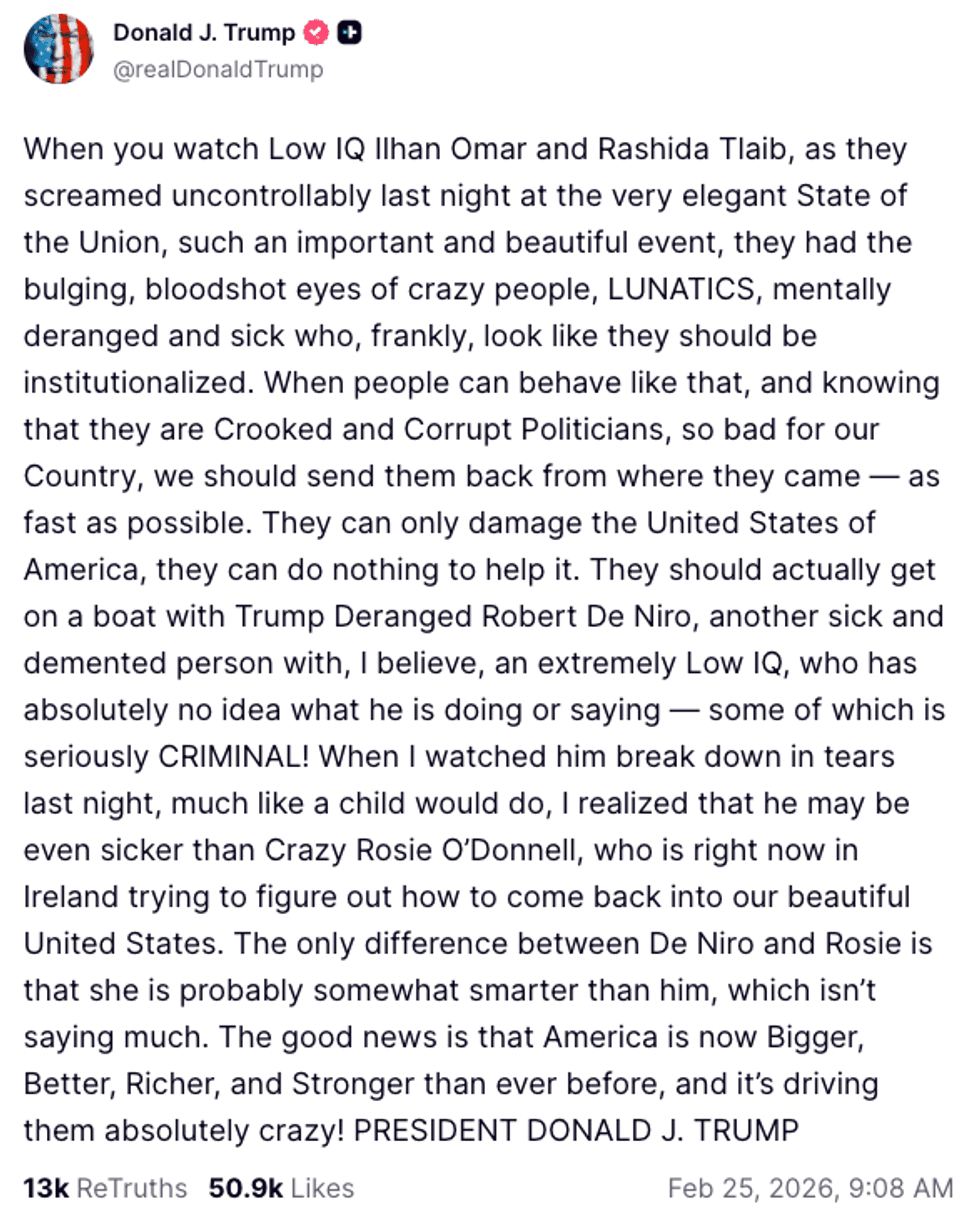 @realDonaldTrump/Truth Social
@realDonaldTrump/Truth Social